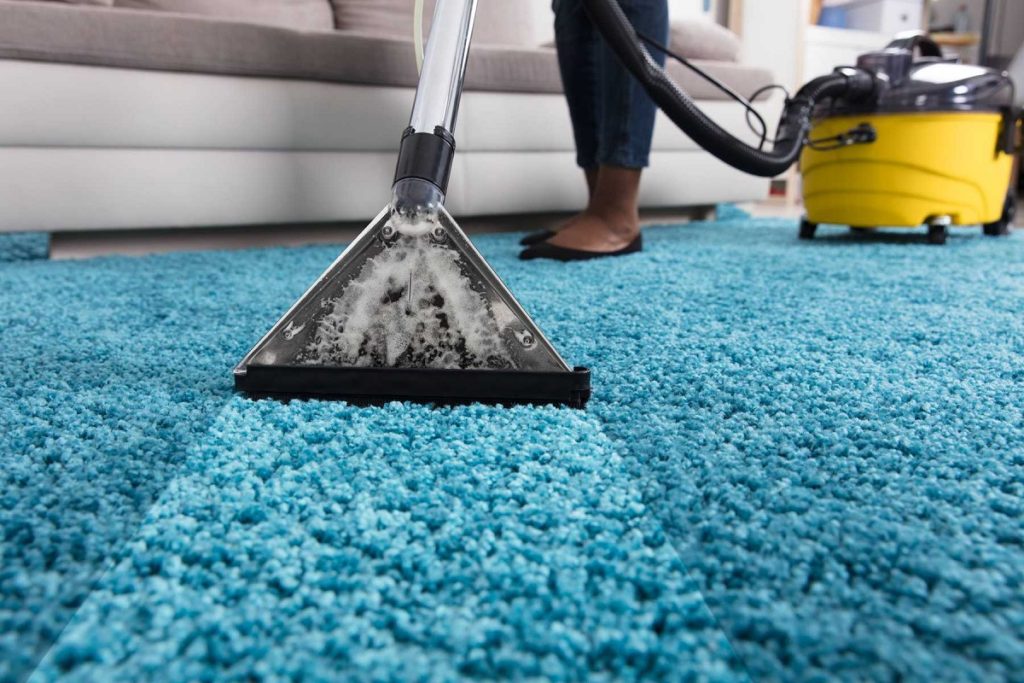How Much Does Hyperbaric Oxygen Therapy Cost Per Session?
Hyperbaric Oxygen Therapy (HBOT) has rapidly gained attention for its healing potential—whether in managing chronic wounds, neurological conditions, or enhancing post-operative recovery. But before committing, many patients and caregivers ask the same critical question: how much does a hyperbaric oxygen session cost?
In this comprehensive guide, we explore the cost breakdown, influencing factors, insurance considerations, and tips for finding affordable, high-quality treatment.
What Is Hyperbaric Oxygen Therapy?
Hyperbaric Oxygen Therapy involves breathing pure oxygen in a pressurized environment. This increased pressure allows your lungs to gather more oxygen than would be possible at normal air pressure, promoting faster healing and reducing inflammation.
Common uses include:
- Chronic non-healing wounds
- Radiation injuries
- Carbon monoxide poisoning
- Neurological conditions like stroke or cerebral palsy
The Mayo Clinic notes that HBOT can support the body’s natural healing process by increasing oxygen concentration in the blood.
Average Cost Per HBOT Session
The average cost per hyperbaric oxygen session in the United States can range from $200 to $1,200, depending on several factors:
| Facility Type | Cost per Session |
| Hospital-based clinics | $1,000–$1,200 |
| Private wellness centers | $250–$500 |
| Soft-shell home chambers | $150–$300 |
For those requiring multiple sessions, total costs can range between $5,000 and $20,000+ depending on condition and duration.
Key Factors That Influence Pricing
1. Type of Chamber (Monoplace vs. Multiplace)
- Monoplace chambers (for one person) are more common in private clinics and cost less.
- Multiplace chambers (used in hospitals) accommodate multiple people but involve more staff and equipment.
2. Geographic Location
Treatment centers in metropolitan areas or premium clinics often charge higher rates. For instance, HBOT in Los Angeles or New York City will likely cost more than in rural areas.
3. Treatment Purpose
- FDA-approved uses (e.g., decompression sickness, severe anemia) may be covered by insurance.
- Off-label uses (e.g., autism, athletic recovery) often require out-of-pocket payment.
4. Number of Sessions Required
Chronic conditions typically require a minimum of 20–40 sessions, and the more sessions you need, the higher the cost.
Is Hyperbaric Oxygen Therapy Covered by Insurance?
Coverage varies. Medicare and private insurance often reimburse for FDA-approved indications such as:
- Osteomyelitis
- Skin grafts or flaps
- Thermal burns
However, off-label applications like anti-aging or autism are not generally covered.
We recommend verifying directly with your provider or reviewing the Medicare Coverage Database.
Cost Comparison: Hospital vs. Private Clinic
| Feature | Hospital Facility | Private Clinic |
| Cost per session | $1,000–$1,200 | $200–$500 |
| Insurance support | Yes (for FDA uses) | Sometimes |
| Availability of technicians | 24/7 emergency access | Standard clinic hours |
| Chamber type | Hard-shell, multiplace | Hard or soft-shell |
Are Home Hyperbaric Chambers a Cost-Effective Alternative?
Many individuals explore at-home soft-shell chambers to cut long-term costs. While these are less powerful (1.3 ATA vs. clinical 2.0–2.5 ATA), they may benefit wellness users.
Pros:
- Long-term savings after upfront investment ($4,000–$15,000)
- Convenience
Cons:
- Less effective for medical conditions
- Not FDA-approved for most medical treatments
Tips for Reducing HBOT Costs
1. Check for Clinical Trials
Some institutions offer free or discounted sessions for study participants. Search platforms like ClinicalTrials.gov for local opportunities.
2. Inquire About Packages
Private clinics often offer bulk pricing. Ask about multi-session discounts, monthly plans, or sliding scale rates.
3. Consider Local Non-Profits
Some foundations help cover costs for veterans, children, or individuals with specific conditions. Examples include:
- International Hyperbarics Association
- HBOT for Veterans
Are the Results Worth the Investment?
According to a study published by NCBI, patients undergoing HBOT for chronic diabetic foot ulcers reported significant wound closure improvement, justifying the session costs.
Though not a cure-all, hyperbaric oxygen therapy shows clinically measurable improvements for many approved indications, and anecdotal results for others.
Choosing a Credible Facility
When selecting a clinic, ensure:
- Certified technicians and physicians
- Proper accreditation (e.g., UHMS certification)
- Equipment maintenance protocols
- Transparent pricing and consultation services
Use directories from Undersea & Hyperbaric Medical Society to locate an accredited provider near you.
Conclusion: Weighing Cost vs. Benefit
While the cost per hyperbaric oxygen session can vary greatly depending on location, condition, and facility type, informed planning can significantly reduce expenses. Whether for wound healing or overall wellness, HBOT offers value—when used under the right circumstances.
Always consult with a healthcare provider to evaluate if the benefits of hyperbaric oxygen therapy justify the cost for your unique case.





